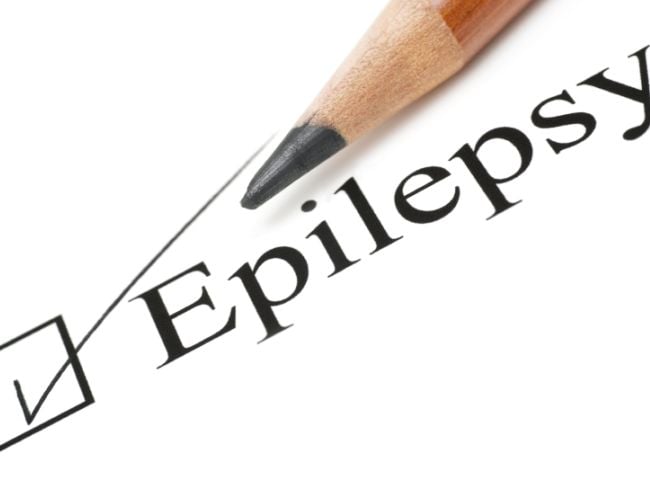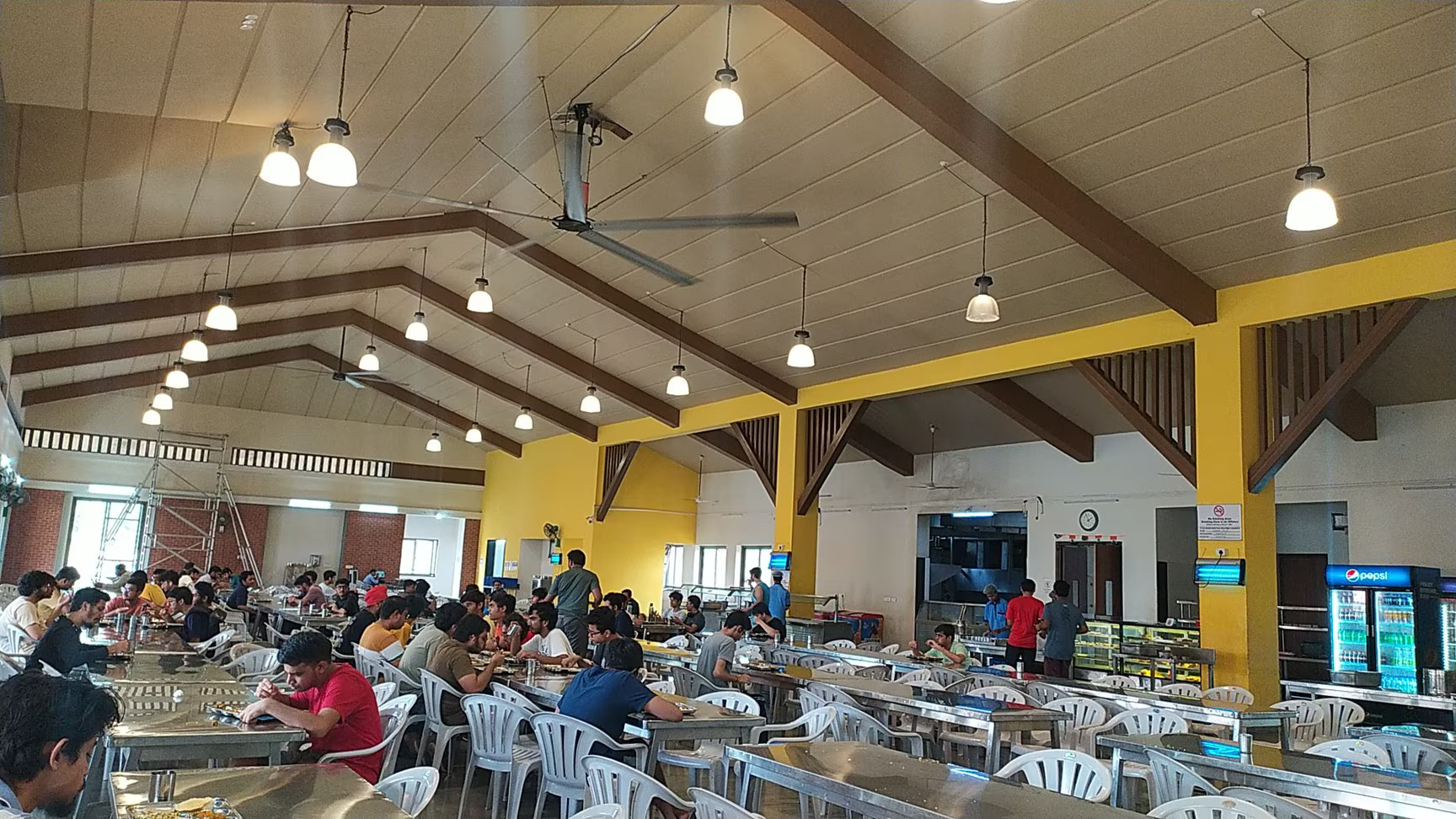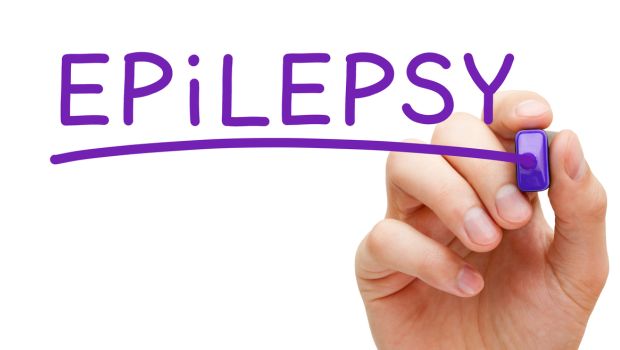The word "epilepsy" comes from the Greek word, “epi” which means “upon” and “leptos” which means “seizure”. People with epilepsy tend to have recurrent seizures (fits). The seizures occur because of a sudden surge of electrical activity in the brain. This causes a temporary disturbance in the messaging systems between brain cells. During a seizure the patient's brain becomes "halted" or "mixed up". Every function in our body is triggered by messaging systems in our brain. What a patient with epilepsy experiences during a seizure will depend on what part of his/her brain get affected, and how widely and quickly it spreads from that area. Consequently, there are several types of seizures and each patient will have epilepsy in his/her own unique way. Approximately 50 out of every 100,000 people develop epilepsy each year in industrialized nations including India. The global health body said around 50 million people worldwide have epilepsy, in a document released on Epilepsy Day. About three-fourth of those with this condition living in low and middle-income countries like India do not get the care they need due to what is called “treatment gap”.Such patients experience not only health related problems but often encountered by social awkwardness such as annulling of marriage suggested a new study. Epilepsy is commonly viewed as a reason for annulling marriages in India and nearly 80 per cent of the people with this neurological condition live in low and middle-income countries, said WHO. “In both China and India, epilepsy is commonly viewed as a reason for prohibiting or annulling marriages,” the World Health Organisation said, adding people with this condition respond to treatment approximately 70 per cent of the time. “In many low and middle-income countries, there is low availability of anti-epileptic drugs (AEDs). “A recent study found the average availability of generic anti-epileptic medicines in the public sector of low and middle-income countries to be less than 50 per cent. This may act as a barrier to accessing treatment,” it said. WHO said an Indian study conducted in 1998 calculated that the cost of epilepsy treatment per patient was as high as 88.2 per cent of the country’s per capita Gross National Product (GNP) and epilepsy-related costs, which included medical, travel expenditure and lost work time exceeded $2.6 billion per year.

Epilepsy is a chronic noncommunicable disorder of the brain that affects people of all ages and in many parts of the world. People with epilepsy and their families suffer from stigma and discrimination. Approximately 50 million people currently suffer from epilepsy worldwide. The estimated proportion of the general population with active epilepsy at a given time is between 4 and 10 per 1,000 people, the global health body said.
“However, some studies in low and middle-income countries suggest that the proportion is much higher, between 7 and 14 per 1,000 people. Globally, an estimated 2.4 million people are diagnosed with epilepsy each year. “In high-income countries, annual new cases are between 30 and 50 per 1,00,000 people in the general population. In low and middle-income countries, this figure can be up to two times higher,” the WHO said.WHO said people with seizures tend to have more physical problems (such as fractures and bruising from injuries related to it), as well as higher rates of psychological conditions, including anxiety and depression. “Similarly, the risk of premature death in people with epilepsy is up to three times higher than the general population, with the highest rates found in low and middle-income countries and rural versus urban areas,” it said. A great proportion of the causes of death related to epilepsy in low and middle-income countries, such as falls, drowning, burns and prolonged seizures, are potentially preventable, the WHO said. The global health body said epilepsy can be treated easily and is affordable, with daily medication that costs as less as USD 5 per year.
 “Recent studies in both low and middle-income countries have shown that up to 70 per cent of children and adults with epilepsy can be successfully treated (their seizures completely controlled) with anti-epileptic drugs. “Furthermore, after two to five years of successful treatment and being seizure-free, drugs can be withdrawn in about 70 per cent of children and 60 per cent of adults without subsequent relapse,” the WHO said. Epilepsy accounts for 0.6 per cent of the global burden of diseases, a time-based measure that combines years of life lost due to premature mortality and time lived in less than full health. Epilepsy has “significant” economic implications in terms of health care needs, premature death and lost work productivity, it said.As an initiative set up in 1997, WHO, the International League Against Epilepsy (ILAE) and the International Bureau for Epilepsy (IBE) are carrying out a global campaign – ‘Out of the Shadows’ – to provide better information, raise awareness about epilepsy and strengthen public and private efforts to improve care and reduce the disorder’s impact.
“Recent studies in both low and middle-income countries have shown that up to 70 per cent of children and adults with epilepsy can be successfully treated (their seizures completely controlled) with anti-epileptic drugs. “Furthermore, after two to five years of successful treatment and being seizure-free, drugs can be withdrawn in about 70 per cent of children and 60 per cent of adults without subsequent relapse,” the WHO said. Epilepsy accounts for 0.6 per cent of the global burden of diseases, a time-based measure that combines years of life lost due to premature mortality and time lived in less than full health. Epilepsy has “significant” economic implications in terms of health care needs, premature death and lost work productivity, it said.As an initiative set up in 1997, WHO, the International League Against Epilepsy (ILAE) and the International Bureau for Epilepsy (IBE) are carrying out a global campaign – ‘Out of the Shadows’ – to provide better information, raise awareness about epilepsy and strengthen public and private efforts to improve care and reduce the disorder’s impact.

Epilepsy is a chronic noncommunicable disorder of the brain that affects people of all ages and in many parts of the world. People with epilepsy and their families suffer from stigma and discrimination. Approximately 50 million people currently suffer from epilepsy worldwide. The estimated proportion of the general population with active epilepsy at a given time is between 4 and 10 per 1,000 people, the global health body said.
“However, some studies in low and middle-income countries suggest that the proportion is much higher, between 7 and 14 per 1,000 people. Globally, an estimated 2.4 million people are diagnosed with epilepsy each year. “In high-income countries, annual new cases are between 30 and 50 per 1,00,000 people in the general population. In low and middle-income countries, this figure can be up to two times higher,” the WHO said.WHO said people with seizures tend to have more physical problems (such as fractures and bruising from injuries related to it), as well as higher rates of psychological conditions, including anxiety and depression. “Similarly, the risk of premature death in people with epilepsy is up to three times higher than the general population, with the highest rates found in low and middle-income countries and rural versus urban areas,” it said. A great proportion of the causes of death related to epilepsy in low and middle-income countries, such as falls, drowning, burns and prolonged seizures, are potentially preventable, the WHO said. The global health body said epilepsy can be treated easily and is affordable, with daily medication that costs as less as USD 5 per year.

Advertisement









